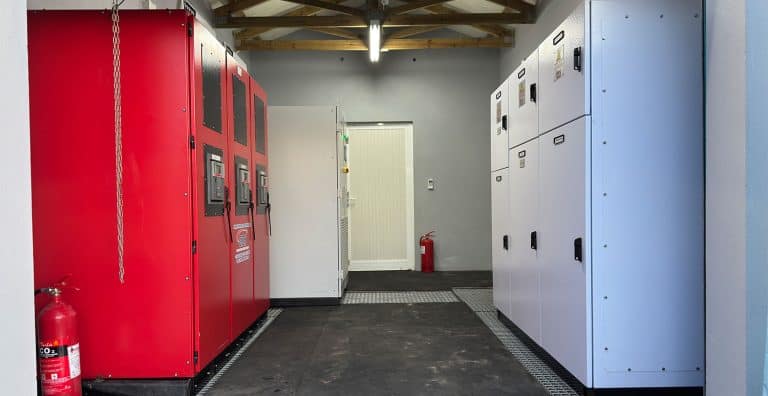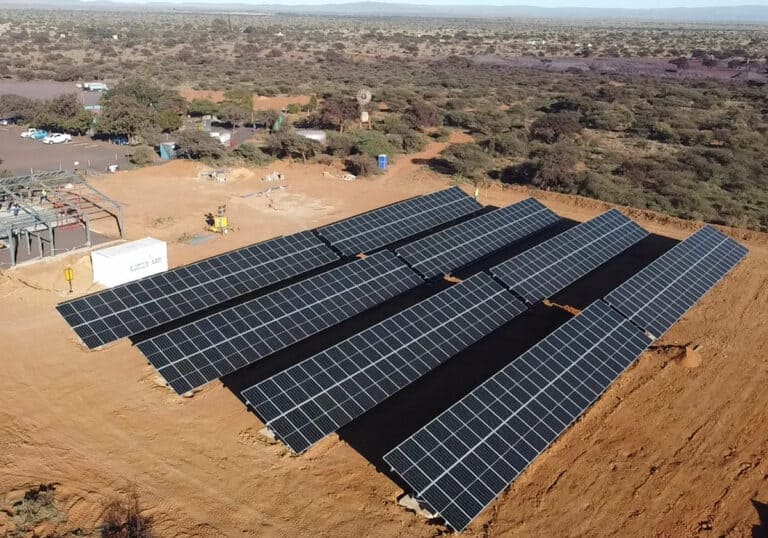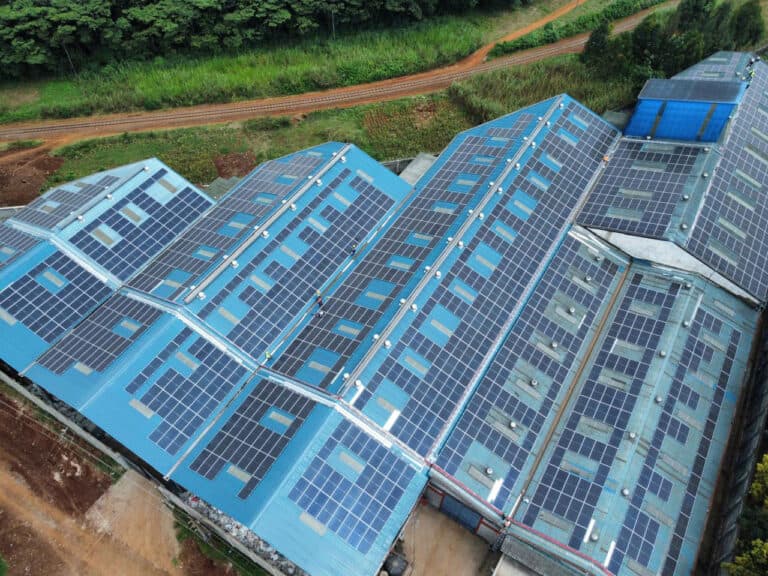In South Africa and all over Africa citizens are suffering with either constant rolling blackouts or no electricity resources at all. This is worrying especially for the healthcare industry as electricity and generators are the difference between life and death. What about countries that don’t have access to electricity? How are they dealing with the growing demand for electricity?
There is a bright side to all this darkness and that answer is Solar Power. More and more hospitals could see the change from fossil fuelled electricity to cleaner healthier energy in the form of solar energy.
Solar Hospitals
Fitted with more than 1800 photovoltaic (PV) panels, Hopital Universitaire de Mairebalais in Haiti is the largest solar powered hospital to be opened. These solar powered hospitals harness the sunlight and converts it into cheap reliable electricity. Surplus energy is sold back to the grid during the day. At night hospitals run on grid power, with diesel-powered generators available in case of a night time power failure.
Solar Powered Emergency Vehicles
Solar powered emergency vehicles include ambulances and fire engines. These solar panels power lifesaving equipment such as defibrillators, satellite navigations systems and communication devices. Adding the panels to the ambulances saves $7,000 per vehicle per year in fuel. Not only are solar powered emergency vehicles good for the environment but is cost effective for the health industry.
Suitcase Solar Kits
Suitcase solar kit key components are solar panels generating 40 or 80 watts, LED lighting for medical tasks, chargers for batteries and cell phones, and a 12-amp-hour sealed lead acid battery. There are also outlets for 12V DC electronics. This system can also be expanded to accommodate 200 watts of solar panels and a 140-amp-hour sealed battery.
These suitcases were designed after Obstetrician Laura Stachel from Berkeley, CA was on a medical relief mission in Africa when she observed a C-section being performed at night. The lack of sufficient electricity and medical supplies lead to worrying conditions in Africa.
These solar suitcase kits are great for medical assistance for rural areas who do not have access to hospitals and proper medical access. These small portable lighting systems don’t generate air pollution by burning kerosene, and don’t have the same potential to start accidental fires.
In conclusion, solar power has impacted the way many people have chosen to live their lives and now with solar power healthcare, many lives can be saved through solar powered hospitals etc. for countries, villages and towns who do not have access to electricity or proper healthcare. Whether solar powered healthcare will be helpful or hazardous in the future has yet to be determined.




